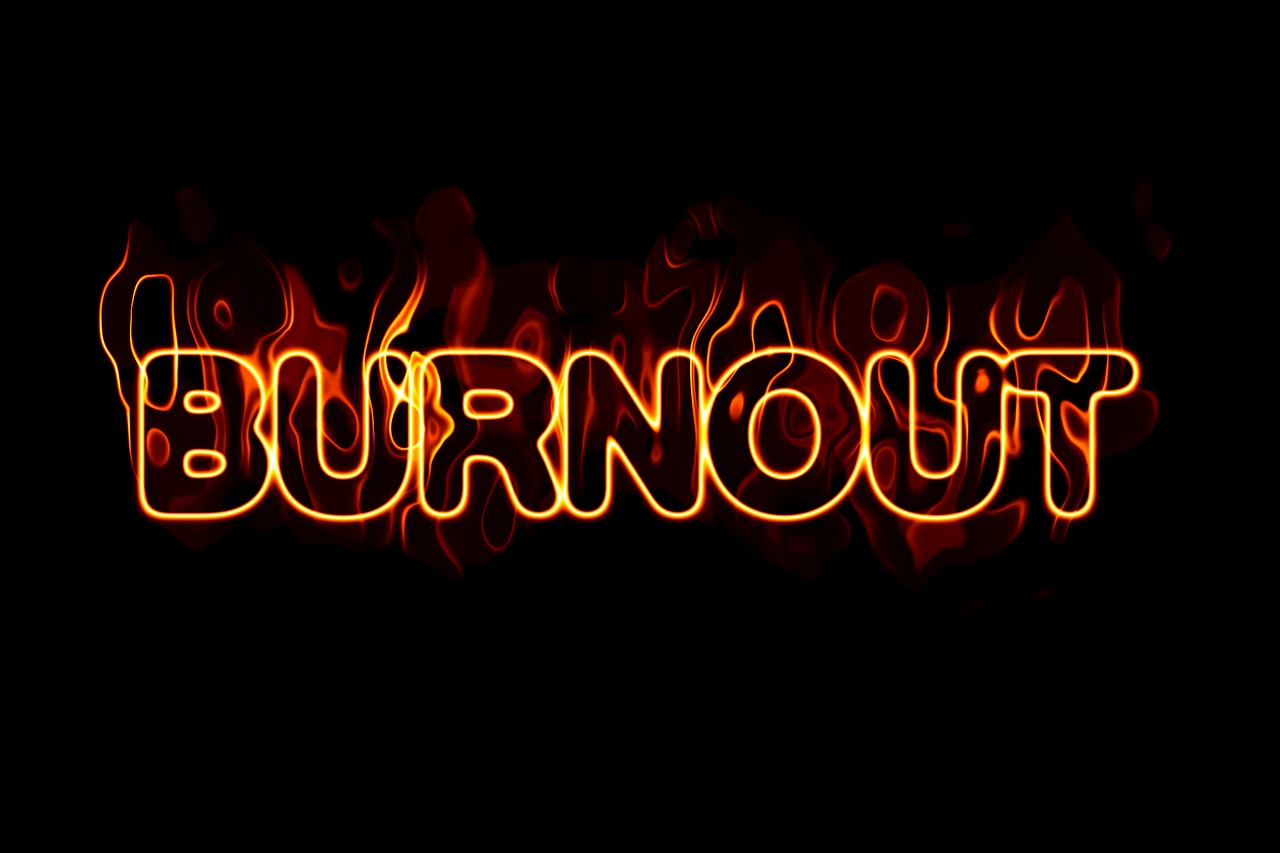How to deal with high expectations without burning out
By Corinne Steiner
If we try to be everywhere, we risk being nowhere, getting sick, and losing ourselves.
We all take on different roles in our professional and private lives. From employee, team leader, and project manager to mother, daughter, girlfriend, partner, athlete, etc, each of us has a conscious or unconscious understanding of how we should fulfill these roles. For example, a leader needs to show high performance, high commitment, high self-responsibility, flexibility, and much more. From my own experience I know that the bigger and more extensive our responsibilities and roles become, the greater the pressure of expectations that are placed on us.
Expectations are mental assumptions made by us about what other people think or do. Our expectations are linked to experiences from the past. These, in turn, form our attitude about the actions, values and behaviors of others – about what or how others should do or see something and how and what we should do or see ourselves. On the other hand, there are the expectations of others that are placed on us (e.g. Do it this way! Do it better than…! or You are not supposed to…!).
It is no secret that most successful professionals are ambitious, conscientious, and often a perfectionist. I am one of them as well. While trying to do justice to everyone and everything, I used to be constantly confronted with internal and external conflicts. My own expectations contradicted the time and content expectations of others, i.e., when (time) and what (content) should be done and how.
To live up to all expectations, I set aside my own needs and desires.
For example, I regularly worked long hours to get all my work done, while I wanted to have time to play sports and for myself. Often, I played sports after completing my work and sacrificed my sleep. By now, I am well aware that the real reason for my hard work was that I wanted to prove to myself and others that I am strong, responsible, and that I can manage it all. At the same time, I risked friendships, my relationship, but more importantly, my health and happiness.
I was apparently fine with it for years. The expectations became higher and higher and the pressure to perform increased steadily. The more I could do, the more responsibility I took on. That gave me great satisfaction – until I could no longer take myself and my own needs back. I felt empty, not only because I ran out of energy and time but because I realized that the fulfillment of other people’s expectations did not fulfill me. Not to the extent that I had hoped for. I no longer felt myself in the driver’s seat of my life. The work remained demanding, but it often seemed pointless. I began to question why I did what I did. Physical symptoms such as tension headaches, back pain, and a difficulty to concentrate developed. Other symptoms that I experienced included irritability, lethargy, and hypersensitivity as well as disorientation and senselessness. I would have let myself burn out had I not taken these symptoms seriously. This would have had far worse consequences than not being able to fulfill my expectations and obligations.
Fortunately, my inner voice kept telling me, “Stop! This can’t go on like this.” And I listened to it.
Today, I am aware that we all do not have enough time and energy to live up to all the expectations placed on us by others and ourselves. Instead, it is important that we focus on ourselves and that we use our time and energy wisely.
What you can do to actively manage your time and energy (instead of expectations) is exactly what I do to support my clients:
- Take regular time-outs to put yourself back in the center of your life.
- Become aware of your needs, desires, and dreams.
- Get clarity about your priorities and possibilities.
- Decide what you want and set yourself a clear and attractive goal.
- Make room for your goal in your everyday life.
- Act. Use your time and energy consciously with joy and pleasure.
Each of us is responsible for what we do with our time and energy.
We all have no more than 24 hours a day and no more than the energy available to our bodies. While we can expand our performance limits, our time and energy are limited. How well we can deal with pressure and expectations depends on the quality of our decisions and consequently on how meaningfully and usefully we use our time and energy.
Now, it’s your turn. Do you know how you want to use your time and energy in the future so that you can live a fulfilled, balanced, and happy life?
“Corinne Steiner is a professional Coach, Trainer and Mentor for professionals in management. Her specialty is empowering her clients to shape their everyday life in a very individual and suitable way and thus to live a purposeful and fulfilled life. More info at www.corinnesteiner.com”

